The education theories and practices which inspire our content design:

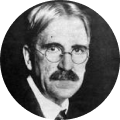
 John Dewey was an educator, philosopher, and social reformer. He
John Dewey was an educator, philosopher, and social reformer. He 
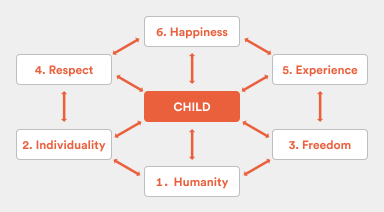
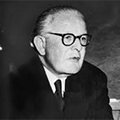
 Jean Piaget's theory suggests that children move through four different stages of cognitive development.
Jean Piaget's theory suggests that children move through four different stages of cognitive development.

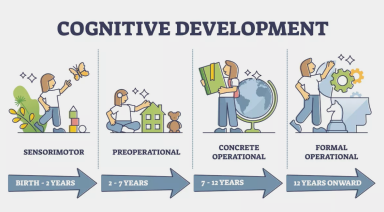

 Howard Gardner’s theory of Multiple Intelligences believes that the conventional concept of intelligence was too narrow and restrictive and that measures of IQ often miss out on other "intelligences" that an individual may possess. Gardner has outlined 9 Intelligences. Each one of us have all 9 within us. Interest, exposure and opportunities determine which ones we develop or favor.
Howard Gardner’s theory of Multiple Intelligences believes that the conventional concept of intelligence was too narrow and restrictive and that measures of IQ often miss out on other "intelligences" that an individual may possess. Gardner has outlined 9 Intelligences. Each one of us have all 9 within us. Interest, exposure and opportunities determine which ones we develop or favor.

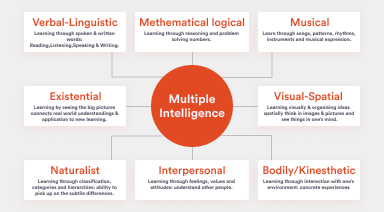
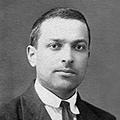
 The concept of Zone of Proximal Development was presented by Soviet psychologist and social constructivist Lev Vygotsky (1896 – 1934) The zone of proximal development (ZPD) is defined as "the difference between what a learner can do without help and what he or she can learn and achieve with expert adult support and guidance"
The concept of Zone of Proximal Development was presented by Soviet psychologist and social constructivist Lev Vygotsky (1896 – 1934) The zone of proximal development (ZPD) is defined as "the difference between what a learner can do without help and what he or she can learn and achieve with expert adult support and guidance"

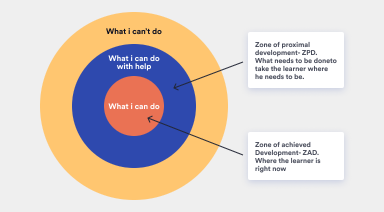
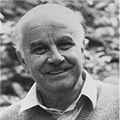
 Loris Malaguzzi is best known for the creation and development of the Reggio Emilia approach-an innovative and inspiring approach to early childhood education. The young learner is valued as strong, capable and resilient; rich with wonder and with the ability to construct their own understanding of the world around them.
Loris Malaguzzi is best known for the creation and development of the Reggio Emilia approach-an innovative and inspiring approach to early childhood education. The young learner is valued as strong, capable and resilient; rich with wonder and with the ability to construct their own understanding of the world around them.

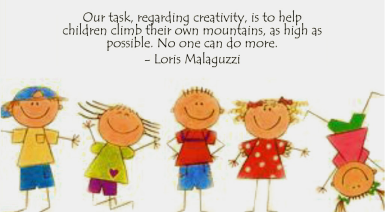
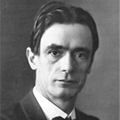
 Rudolf Steiner, founded the Waldorf Education Approach.
Rudolf Steiner, founded the Waldorf Education Approach.

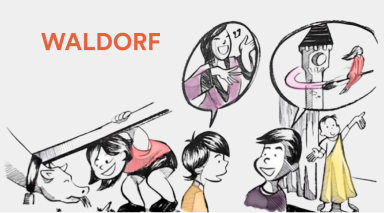
The future belongs to innovative thinkers, collaborators and powerful communicators. We
need to
nurture the innate curiosity, creativity, and zeal of discovery of our children, to help them become
lifelong learners.
During the Early Childhood years, children learn best through active hands-on engagement. They learn more deeply, when we replace screens and devices with exciting and meaningful learning experiences, and allow children to:












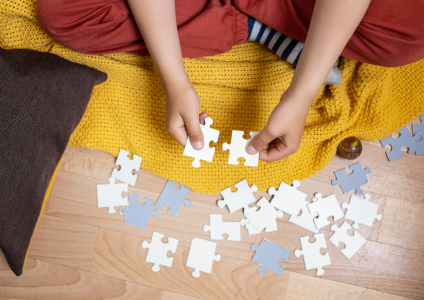
Our programs are designed to encourage children to explore, investigate, observe, experience, think and question. Activities are designed to kindle a child’s curiosity and imagination.
“Learning is not the product of teaching. Learning is the product of the activity of the learners.”
John Holt
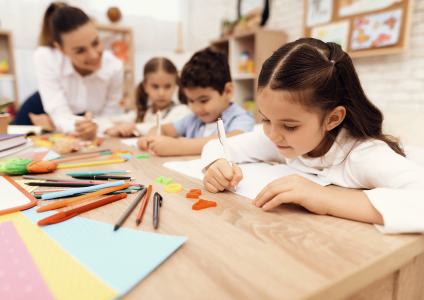
The focus of all our activities is always the child. Research based content and integrated themes ensure that the learning experiences are developmentally appropriate and connect to a child’s innate interests and ways of learning.
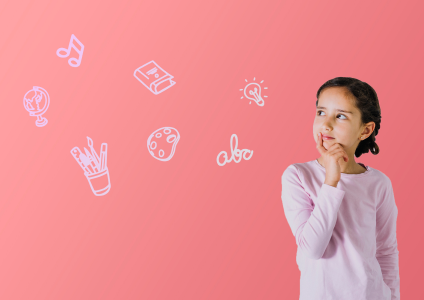
We understand that children make meaning of their world in many ways. Using our knowledge of the Multiple Intelligences theory, we create opportunities for children to learn and express in ways truly unique to them.
Our programs are designed for holistic learning encompassing literacy, numeracy, EVS, art and craft, role-play and puppetry, music and movement as well as skills such as logical thinking and problem-solving. Important values such as empathy, sharing, honesty are also woven into the learning experiences.

Our programs are designed to allow a child to learn at their own pace; to understand, explore, learn, revisit and reinforce concepts and skills as many times as required.
“Remember! In these foundational years, learning is a journey not a race.”
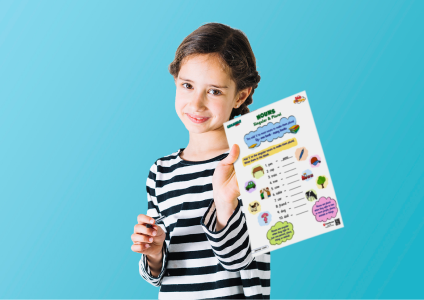
Assessments or checks for understanding are integral to the learning process. Assessment activities are integrated into our programs to map your child’s progress, to provide in-time feedback, support and next steps.
Bedrocked in brain research, educational theories and age-appropriate pedagogical practices, our programs are designed for high quality learning, delivered through exciting hands-on activities, worksheets, flashcards, Augmented Reality Cards and board games.
Assessments are integrated into the pack to help propel learning and track a child’s progress, successes and educational needs.
Our skilled R&D team creates, curates and tests each activity of the Learning Packs. The Cross Functional team ensures multiple perspectives resulting in high quality programs.
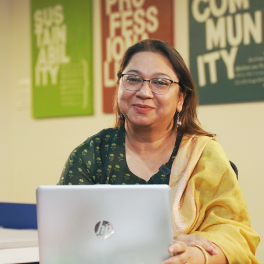
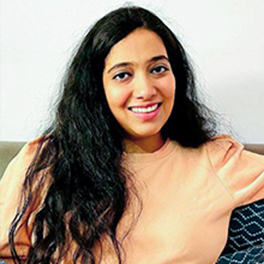
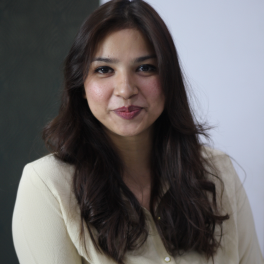
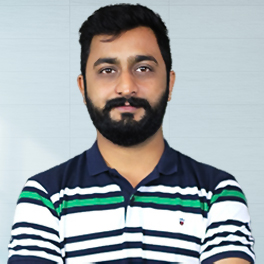


Meet your child's first teachers i.e. our content team, and know what all goes into
creating our
Award-winning products.

1
2
3
4
5
6
The first stage is surveys, open-ended interviews, market research & focus group discussions carried out by our Early Education Experts. This is the base of all products, hence there is no hurrying up or skipping steps here.
Next comes the ideation stage, the playground for our creativity & experimentation. With the help of content frameworks & experts' vetted pedagogy, the material planning begins. Here under the guidance of our Curriculum Director, all ideas are examined as per age groups and their potential learning outcomes.
The process is now nearing an end, but the wait for approval begins. Our sample prototype of materials like puzzles, games, activities, etc has now come to life from our printers.
Testing and our Quality Assurance team enters in with their hawk eyes to ensure that the content meets our exacting quality standards.
Once we have the nod from our QA team, we again go back to our focus groups for testing of the samples. The final results help us in refining and redesigning the material till it passes the industry & our own quality benchmarks.
The moment of truth arrives with our kits being delivered to people's doorsteps & we wait for their feedback.

Awarded for Educational Excellence by Reputed Institutions
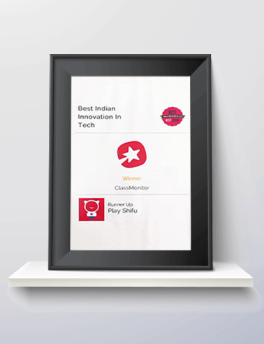
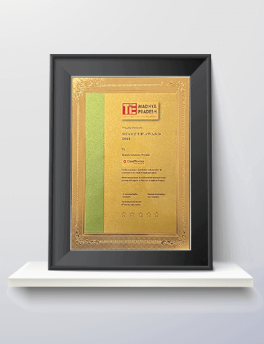
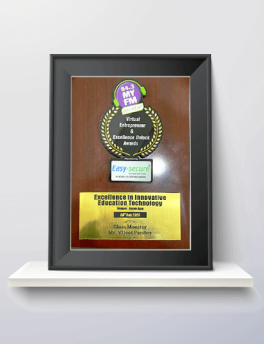
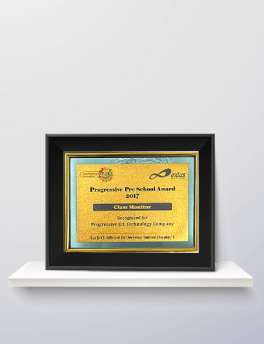


Indian Actor, mom of 5 year kid


Mom of 1 year kid


Mom of 3 year kid


Mom of 2 year kid